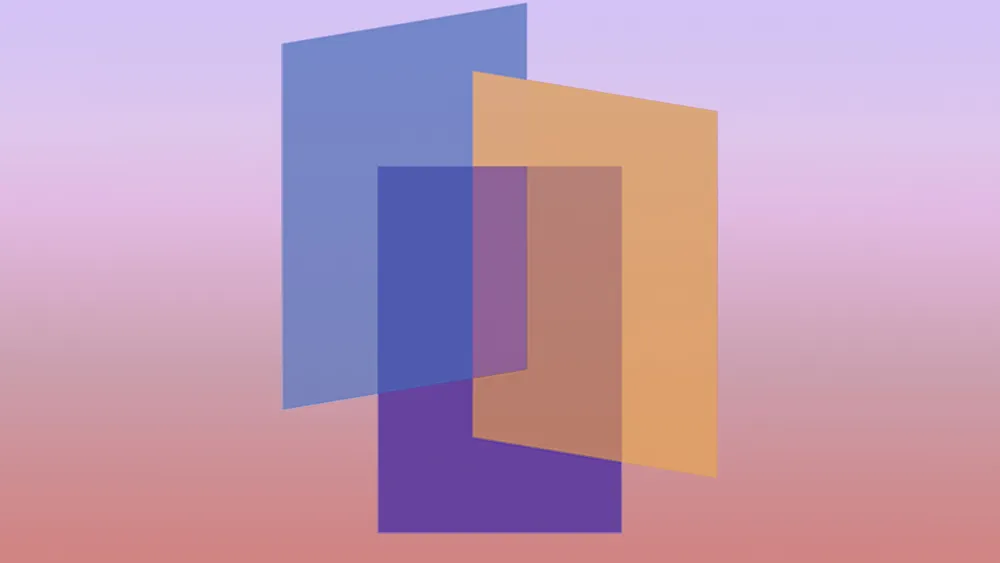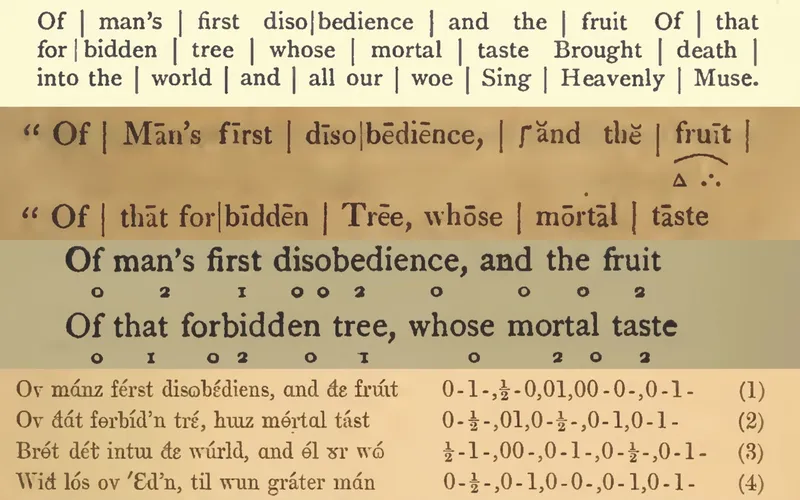The Ends of Prosody
Discovering patterns in poetry’s data with machine learning
Discovering patterns in poetry’s data with machine learning

Which poems are most frequently quoted in school books that teach students how to read, write, understand, and pronounce poetry? Are particular poems, or particular lines from poems, used to demonstrate particular concepts, like blank verse or sonnets? How do those examples change over time, from the 17th century to the 20th?
These are the research questions about poetry’s data that we are exploring in “The Ends of Prosody,” the final project phase of the Princeton Prosody Archive (PPA). This Research Partnership is focused on creating, analyzing, and sharing stable datasets from the thousands of texts currently available for search in the PPA database. In parallel, we are stabilizing the web application as we work to sunset the project responsibly.
The PPA corpus forms the basis of the project team’s research in detecting poems using Natural Language Processing and machine learning techniques. Over the course of the project, we are thinking about the transformations from a dynamic database to datasets useful for machine learning researchers.
Post-partnership initiatives include publishing a co-authored monograph about the challenges of research in the age of the proprietary database, and hosting a conference in mid-May 2025, also titled “The Ends of Prosody,” where international experts in literary studies, machine learning, statistical modeling, and other computational methods will come to Princeton to explore and showcase cutting-edge research with the corpus.
Inviting users to rethink poetry's past through a collection of historical prosodic works

Magic Grant, Humanities Council
The Bain-Swiggett Fund, Department of English
Research Partnership
UCRHSS (University Committee on Research in the Humanities and Social Sciences)